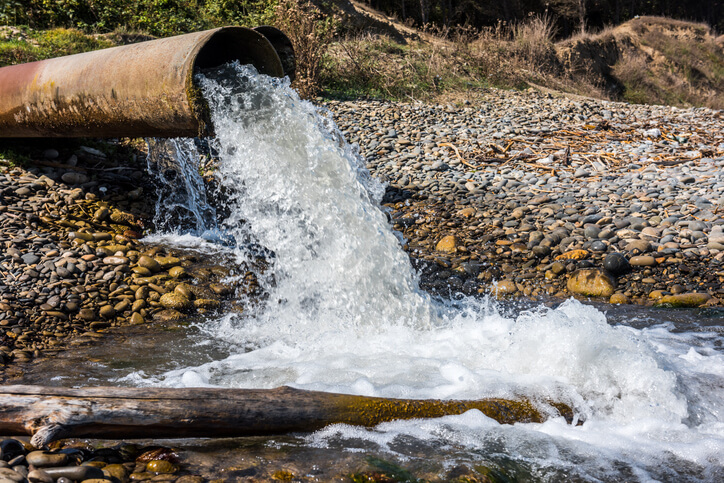Nassau County will soon be testing its wastewater for dangerous pathogens and opioid drugs using services provided under new contracts recently approved by the Legislature’s Rules Committee.
The testing is an expansion of a program that was introduced in 2022 to test wastewater for COVID-19. In 2023, similar testing methods were utilized to detect measles according to Nassau County.
Under contracts that were authorized unanimously on Oct. 7 and Dec. 16, researchers from Stony Brook University’s Center for Clean Water Technology estimate testing 18 wastewater samples per week from nine sewage treatment plants in Nassau County for over 25 different drugs and metabolites.
The testing will scan for opioids and illicit drugs as well as measles, Vibrio cholera, and Mycobacterium tuberculosis.
The process, as laid out in the contract with the county, will involve all samples being mailed Monday through Thursday via overnight mail. After they arrive they will immediately be frozen.
Testing the water with liquid chromatography, combined with tandem mass spectrometry, will allow the county to be able to monitor wastewater for the presence of drugs and other chemicals.
The process helps provide a snapshot of the community’s consumption patterns, while potentially identifying emerging trends in drug use.
The decision by Nassau County is part of a nationwide effort to monitor the opioid crisis by using sewage data to track which drugs are being used in certain communities and gauge whether prevention programs are working.
Nassau County Legislature Minority Leader Delia DeRiggi-Whitton praised the efforts, saying that the advanced technology and testing will allow the county to be able to react quicker to crises of public health.
“By availing ourselves of these state-of-the-art resources, Nassau County is gaining access to vital data we can use to protect the public and swiftly respond to a health emergency such as a spike in opioid drugs or a measles outbreak,” DeRiggi-Whitton said. “This is an excellent use of opioid and ARPA funds, and I am happy the county is taking advantage of this cutting-edge technology.”
The county is paying for the services with $259,292 in opioid lawsuit settlement funds and $193,000 in American Rescue Plan Act resources.
Long Island began receiving $46.9 million from its opioid lawsuit settlements in 2022, a portion of the total that big pharmaceutical companies owe Nassau and Suffolk counties, New York Attorney General Letitia James announced.
Both counties said they planned on using settlement dollars to directly fund programs to battle opioid addiction. These will include educational programs to prevent drug use, drug rehabilitation centers, treatments such as Narcan for overdoses, counseling for individuals and families, and others.
Suffolk was the first county in New York to file a lawsuit in 2016 against drug companies for their roles in fueling the opioid epidemic. Nassau County and counties across the state and nation then followed suit. Over 100,000 people died due to a drug overdose in 2022, according to the Centers for Disease Control and Prevention.
Fatal overdoses declined dramatically in Suffolk and Nassau between 2022 and 2023, according to public health data. Last year, there were 463 drug overdose deaths in Suffolk and 210 deaths in Nassau.































